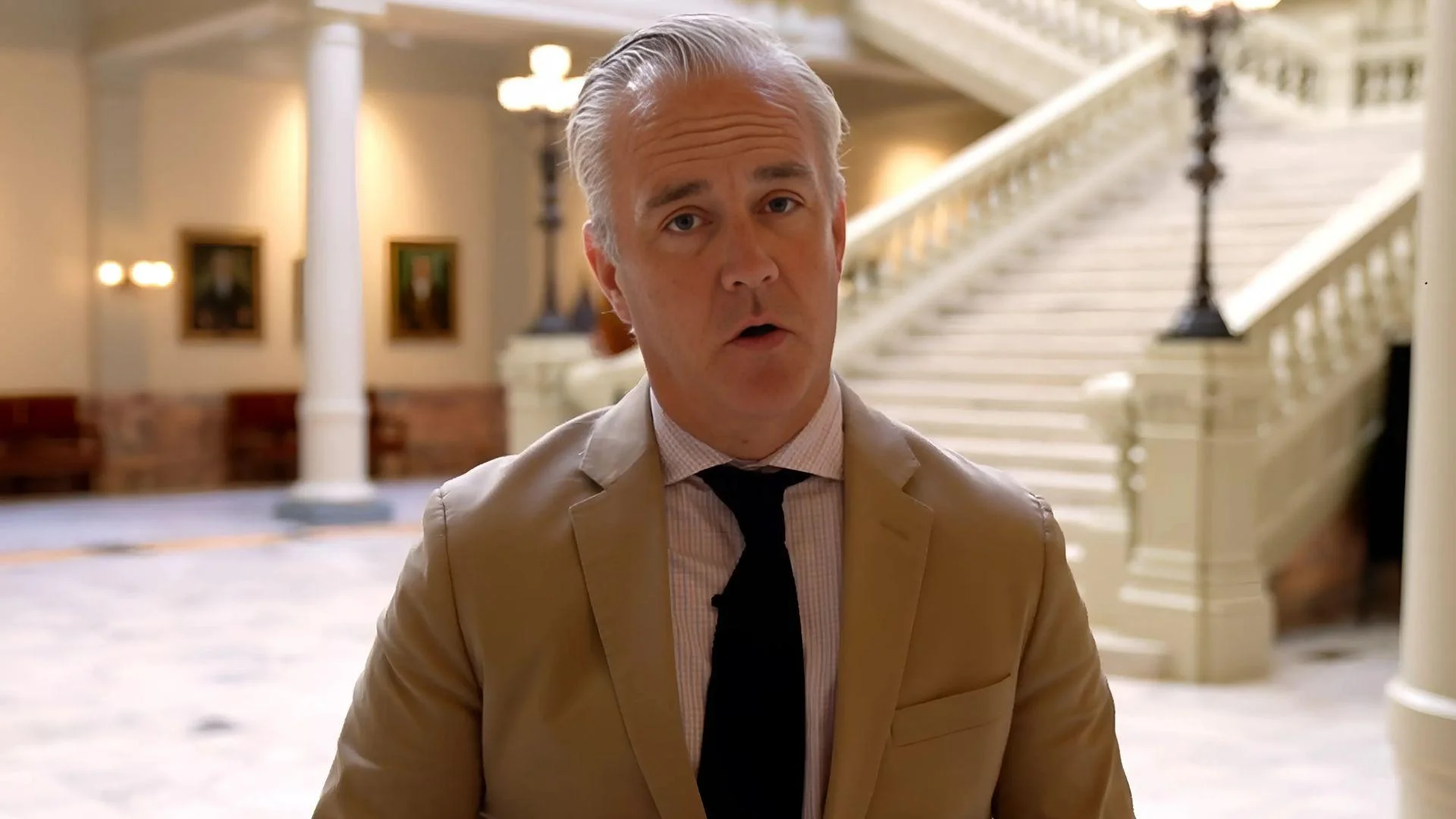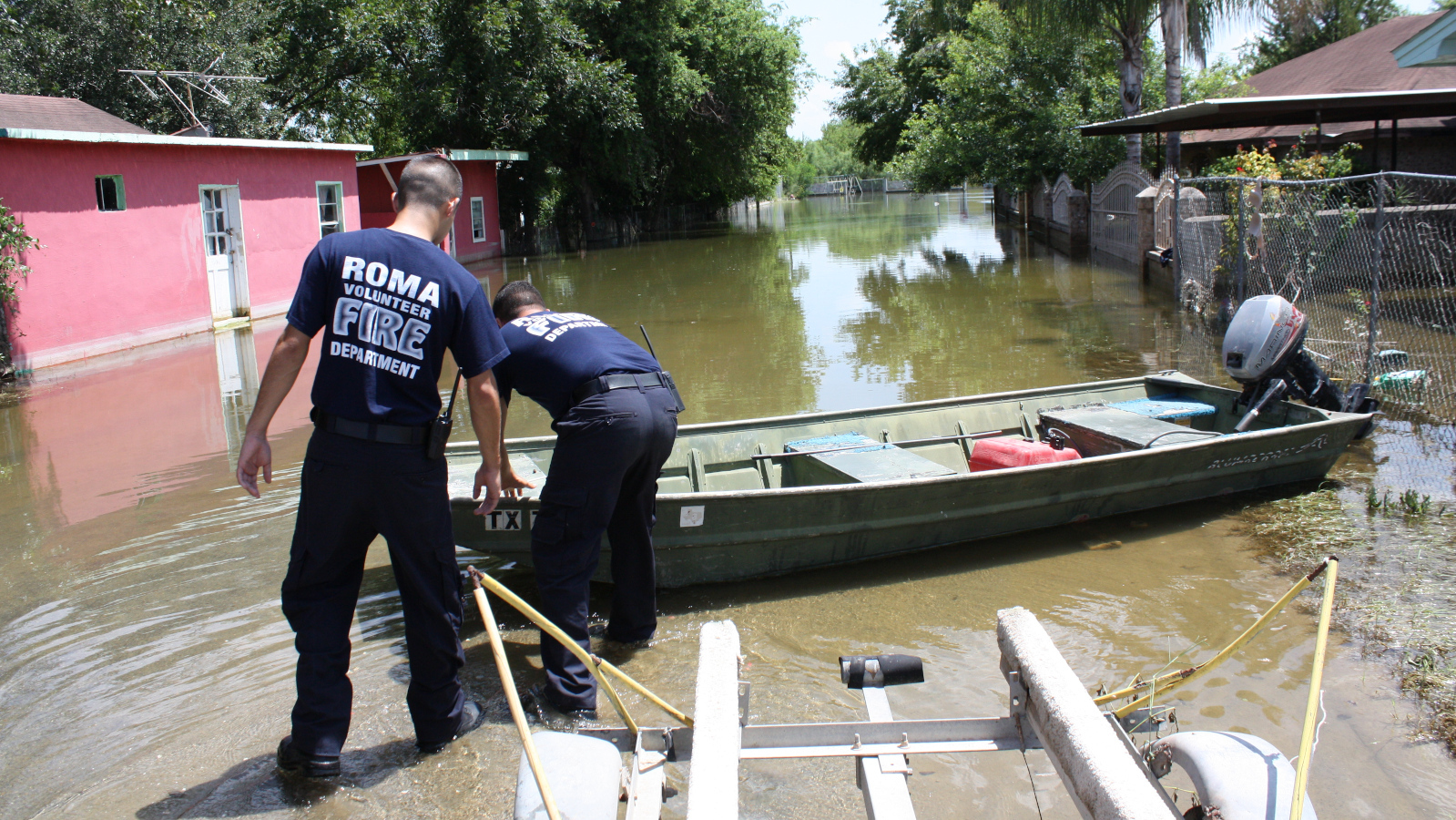
Insurance adjuster Mike McConaghy reviews the remains of a home at Shell Point, Florida, following Hurricane Dennis in July 2005. | FEMA
Citizens Property Insurance Corp. approved a study by Florida State University to evaluate its risk from exposure in the insurance market.
Citizens board approved the $265,266 Exposure Reduction Study on data beginning with April, the Insurance Journal reported. The study for Citizens, considered Florida’s insurer of last resort, is due by December.
Citizens Board of Governors member Carlos Lopez-Cantera said performing the study now is too soon as they don’t know what the COVID-19 will do to Florida’s insurance market.
“You have a legislative session that is over a year away, you have a market that could shift and change … before then,” he said, Insurance Journal reported. “I think this is premature and this is money that could be spent on something else.”
Citizens at its peak insured 23% of the state’s market, with 1.5 million policies. The exposure in 2011 was more than $512 billion. Floridians would have been paying $11.6 billion in assessments had a 1-in-100-year storm occurred, Insurance Journal reported.
Losses that continue to rise for domestic insurers could cause an increase in policies for Citizens, which had been cut to approximately 443,000 policies. The exposure also dropped to about $110 billion.
Demotech’s warning that 18 of the more than 40 carriers it rates in Florida could be downgraded became another concern. Since that threat, one company left the market and other consolidated or merged to solidify ratings, Insurance Journal reported.
While the market avoided downgrades, those losses have led to more than half of the insurance rate hike requests in the last half of the year seeking double digit increases, with 80% asking for increases, Insurance Journal reported. Net underwriting losses of $684 million hit Florida domestic insurers in 2019 with $340 million in net negative income. That’s more than double the loss in the previous two years.
The FSU study goals include finding ways for the carrier to continue as a residual market insurer but with reduction to its exposure. The analysis should identify what’s preventing policyholders from moving away from Citizens to get insurance from Florida’s domestic carriers and how this depopulation can expand. Through tracking risks of those who have left Citizens, FSU researchers will look for ways to reduce or even eliminate those policyholders of returning to its coverage and risk pool.
“The study … will go well beyond looking at Citizens just as a standalone entity and determine what changes could occur within Citizens and what issues there are within Citizens,” Citizens President, CEO and Executive Director Barry Gilway told the board, Insurance Journal reported. “It would also extend to the overall marketplace and determine if there are changes within the overall Florida market that could improve the competitive nature of the market.”





 Alerts Sign-up
Alerts Sign-up